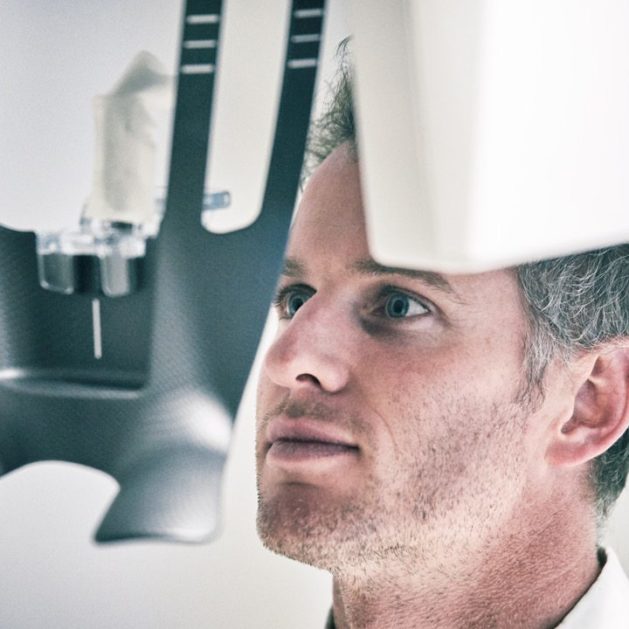When financial or social pressure leads us to behave in ways that we don’t agree with, we are guaranteed to end up miserable. Or worse.
In 2013 the BDJ published a letter from a dentist who took his own life after problems with his Primary Care Trust. In it Paul Hood describes his despair at not being able to do the right thing for fear of litigation, and the awful feeling of being unable to meet the demands of NHS dentistry.
Sadly burnout is even more relevant today. One of our larger clients has just been informed that their sizeable (and “safe as houses”) NHS orthodontic contract will be worth a third less when it comes up for tender.
Thankfully they have built two private brands that give them the cash flow to slip the NHS straitjacket, so they won’t have to compromise on their ethical standards when the time comes.
Burnout is a noxious combination of emotional, mental, and physical exhaustion caused by prolonged stress. It’s been described as a “non-feeling state” characterised by “detachment, boredom and cynicism”. It’s a particular problem for dentists working in the NHS, but it happens wherever there’s a lack of strategy, mission and morale.
These are the top sources of work-related stress for dentists:
- time constraints
- challenging patients
- management (poor quality management, lack of support)
- administrative duties and other non-clinical responsibilities
- workload (too much work, work-life balance, working late)
- isolation (particularly in single clinician practices)
It’s only possible to mitigate these stressors in private practice, where you decide:
- who your patients are
- who your colleagues are
- how much you work
- what you work on
The BDA’s 2017 paper on mental health surveyed the literature and interviewed 23 dentists to find the same thing, essentially that dentists become ill when they feel trapped in ways of working that they don’t agree with.
It found the most common responses to burnout were to change working methods or take early retirement (difficult tasks for people to navigate successfully while they are unwell — without help).
A top suggestion given for alleviating burnout was better dentist-specific support and guidance. Other suggestions looked a little too hopeful (to put it mildly), including “regulation support”, “NHS contract improvement” and “no UDAs”.
There was a dreamy quality to some of the suggestions for protecting dentists too, like “less regulation” and “government action”. These were more realistic ideas:
- work-life balance
- education / training
- working conditions
- clinical autonomy and patient relations
Our take is that if you want to be a happy, healthy human being and a practising dentist at the same time the route couldn’t be clearer:
- don’t expect help from government
- be fully private
- outsource work that creates toxic stress
- do work that creates rewarding stress
- get strategic and tactical support when necessary
Zac

